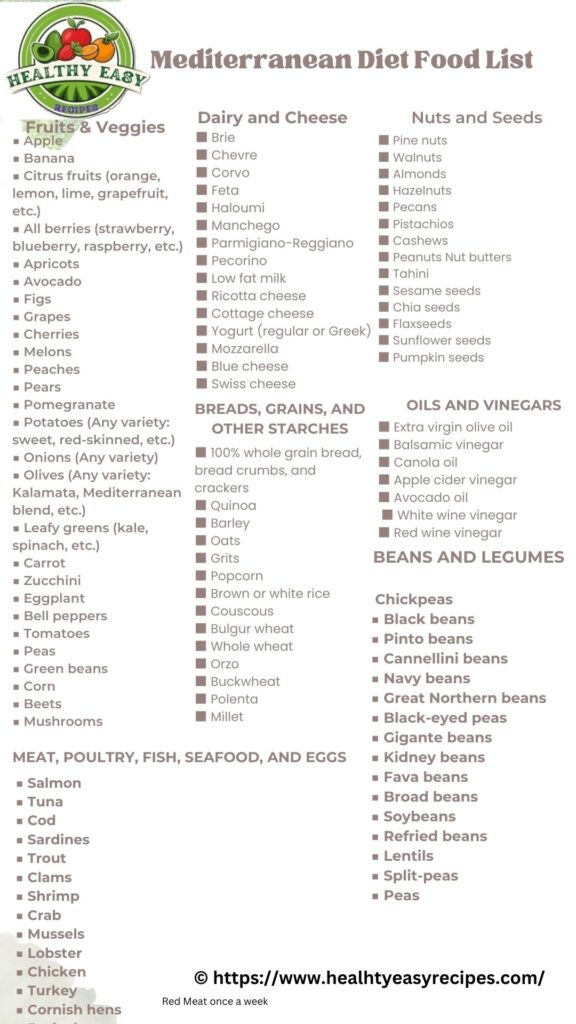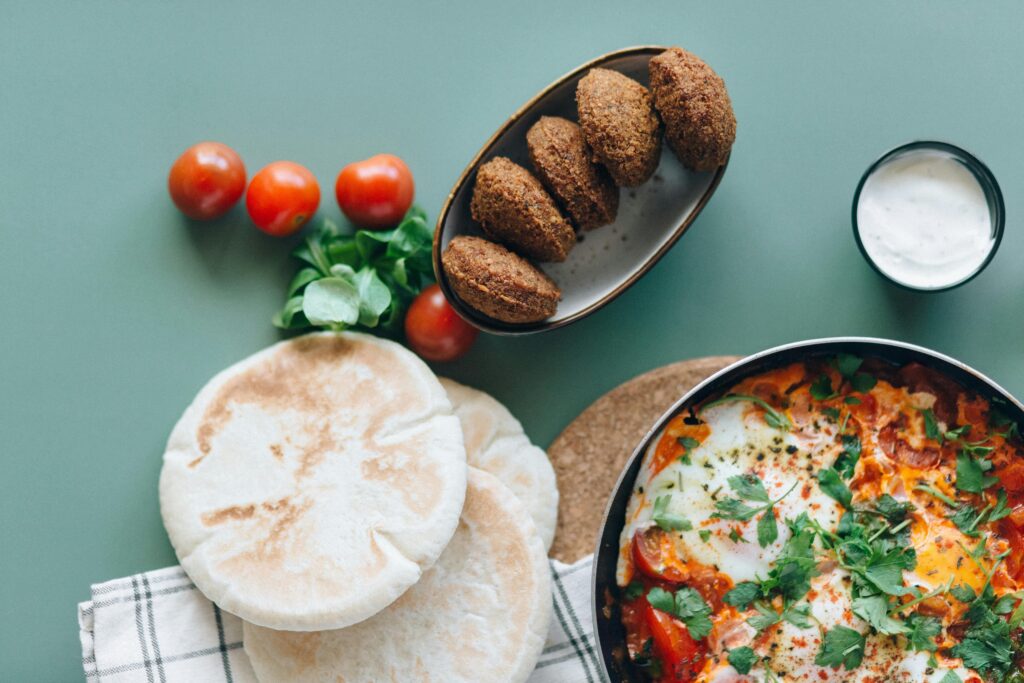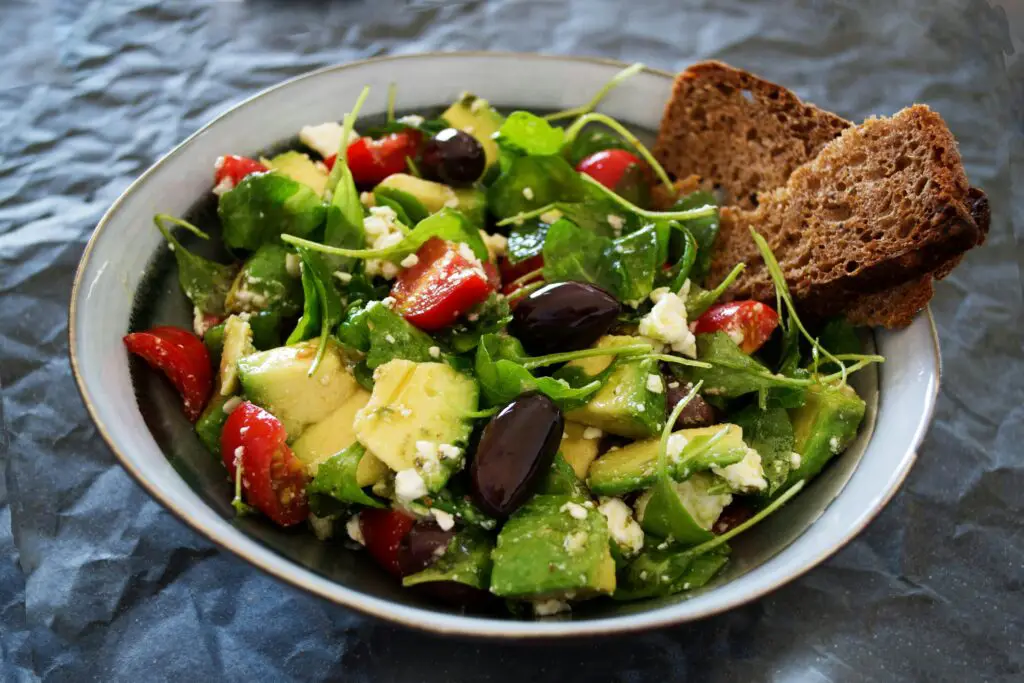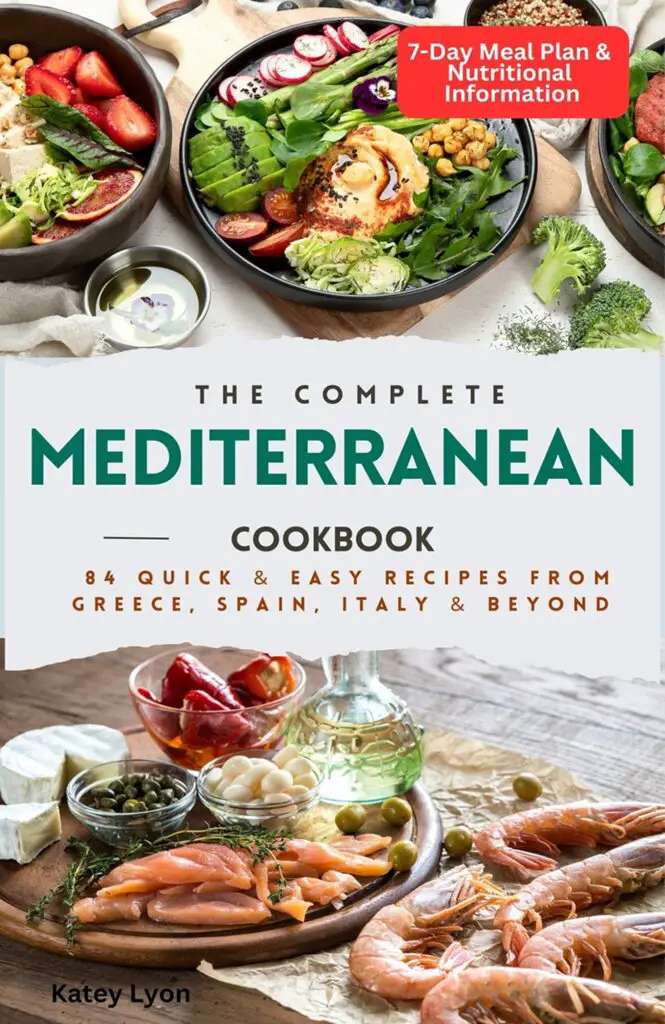The Role of Olive Oil in Mediterranean Cooking: How to Choose the Best One
Olive oil is central to Mediterranean cuisine, both as a cooking medium and a flavor-enhancing ingredient. Known as “liquid gold,” it elevates dishes with its unique taste and contributes significantly to the region’s celebrated health benefits. This article explores the diverse types of olive oil, their uses, and how to select and store the best oil for your needs, ensuring you can enjoy its benefits daily. Let’s see what is the role of olive oil in Mediterranean cooking:
Types of Olive Oil and Their Uses
Extra Virgin Olive Oil (EVOO)
The highest quality olive oil is made by cold pressing without heat or chemicals.
Ideal for drizzling over salads, dipping bread, or finishing dishes to preserve its robust flavor and nutrients.
Virgin Olive Oil
Slightly lower in quality than EVOO but still unrefined.
Suitable for light sautéing and baking where intense olive flavor isn’t needed.
Pure or Refined Olive Oil
A blend of refined olive oil and a small percentage of virgin oil.
Best for high-heat cooking like frying due to its higher smoke point.
Light or Lite Olive Oil:
Refers to the oil’s lighter flavor, not fewer calories.
Versatile for baking or dishes where a subtle olive taste is preferred.
For a more detailed look at the article: “The Ultimate Guide to Mediterranean Cooking For Beginners“.
| Is Adult Product | |
| Release Date | 2022-07-30T01:00:20.691-00:00 |
| Language | English |
| Number Of Pages | 153 |
| Publication Date | 2022-07-30T01:00:20.691-00:00 |
| Format | Kindle eBook |
Health Benefits of Extra Virgin Olive Oil
- Heart Health: EVOO is rich in monounsaturated fats and antioxidants like polyphenols, which help lower bad cholesterol (LDL) and improve heart function.
- Anti-Inflammatory Properties: The compound oleocanthal in EVOO mimics the effects of ibuprofen, helping reduce inflammation.
- Rich in Antioxidants: Protects cells from oxidative damage, potentially reducing the risk of chronic diseases like cancer.
- Supports Brain Health: Studies link EVOO to better cognitive function and a reduced risk of neurodegenerative diseases.
- Aids Digestion: Helps maintain a healthy gut microbiome and supports the absorption of fat-soluble vitamins.
Tips for Choosing Quality Olive Oil
- Look for Extra Virgin: Always opt for EVOO for maximum flavor and health benefits.
- Check the Label: Look for “cold-pressed” or “first cold-pressed.”
- A clear harvest or production date ensures freshness.
- Country of Origin: Single-origin oils often indicate higher quality.
- Mediterranean countries like Spain, Italy, and Greece are renowned producers.
- Packaging Matters: Choose oils in dark glass bottles or tins to protect against light damage.
- Taste Before Buying: High-quality olive oil should have a fruity, peppery, or slightly bitter taste, indicating freshness.
Storing Olive Oil to Maintain Freshness
Avoid Light, Heat, and Air: Store olive oil in a cool, dark place, away from stoves or windows.
Seal Properly: Always close the bottle tightly to prevent oxidation.
Use Within Time: EVOO is best consumed within 12-18 months of harvest for optimal flavor and health benefits.
Incorporating olive oil into your daily diet is a simple and delicious way to boost both health and culinary satisfaction. By understanding the different types, health benefits, and storage tips, you can make the most of this Mediterranean staple. Whether drizzled over a fresh salad, used to roast vegetables, or simply enjoyed with bread, olive oil adds richness and vitality to every meal, the role of Olive Oil in Mediterranean Cooking. For a more detailed look at the article: “Top 10 Mediterranean Ingredients You Should Always Have in Your Pantry.”













